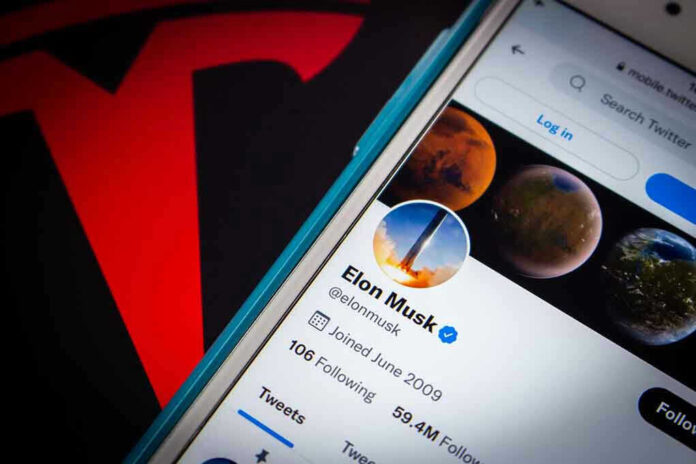
Elon Musk’s call for a Netflix boycott over transgender content in children’s programming ignites a fierce cultural battle, spotlighting parental rights and media influence.
Story Snapshot
- Elon Musk urges followers to cancel Netflix over transgender representation in children’s shows.
- Controversy centers around the animated series “Dead End: Paranormal Park.”
- The boycott has sparked debates on free speech and parental control.
- Netflix remains silent on the issue, while debates intensify online.
Musk’s Boycott Call Gains Traction
On October 1, 2025, Elon Musk began calling on his vast social media following to cancel Netflix subscriptions, accusing the platform of promoting “woke bias” in children’s programming. Musk’s focus was on the animated series “Dead End: Paranormal Park,” which features a transgender character. His posts quickly went viral, sparking a heated debate over LGBTQ+ representation in media aimed at children.
Netflix Under Scrutiny
Netflix’s inclusion of diverse storylines, such as those in “Dead End: Paranormal Park,” is part of a broader industry trend towards representation. The series, featuring a transgender teen character, has been both praised and criticized, highlighting the ongoing cultural debates in the U.S. over LGBTQ+ rights and media influence on children. Despite the backlash, Netflix has not released an official response, leaving its stance on content policies and creative freedom unclear.
Conservative groups have amplified Musk’s call, framing the issue as a matter of protecting children from ideological indoctrination. Meanwhile, advocates for LGBTQ+ representation argue that such content is crucial for fostering acceptance and mental health among marginalized youth.
Long-term Impact and Industry Response
The boycott, although gaining significant attention, has yet to show a substantial impact on Netflix’s subscriber numbers or policy changes. Media analysts suggest that while high-profile boycotts can generate temporary spikes in cancellations, they rarely lead to lasting financial harm unless widely adopted. The controversy, however, may cause other streaming platforms to reassess their content strategies.
Amidst this cultural clash, the debate over media influence, parental rights, and representation in children’s programming continues to resonate, potentially influencing future legislative debates and corporate policies.
Sources:
Euronews: Why is Elon Musk going to war with Netflix over a children’s cartoon show?












